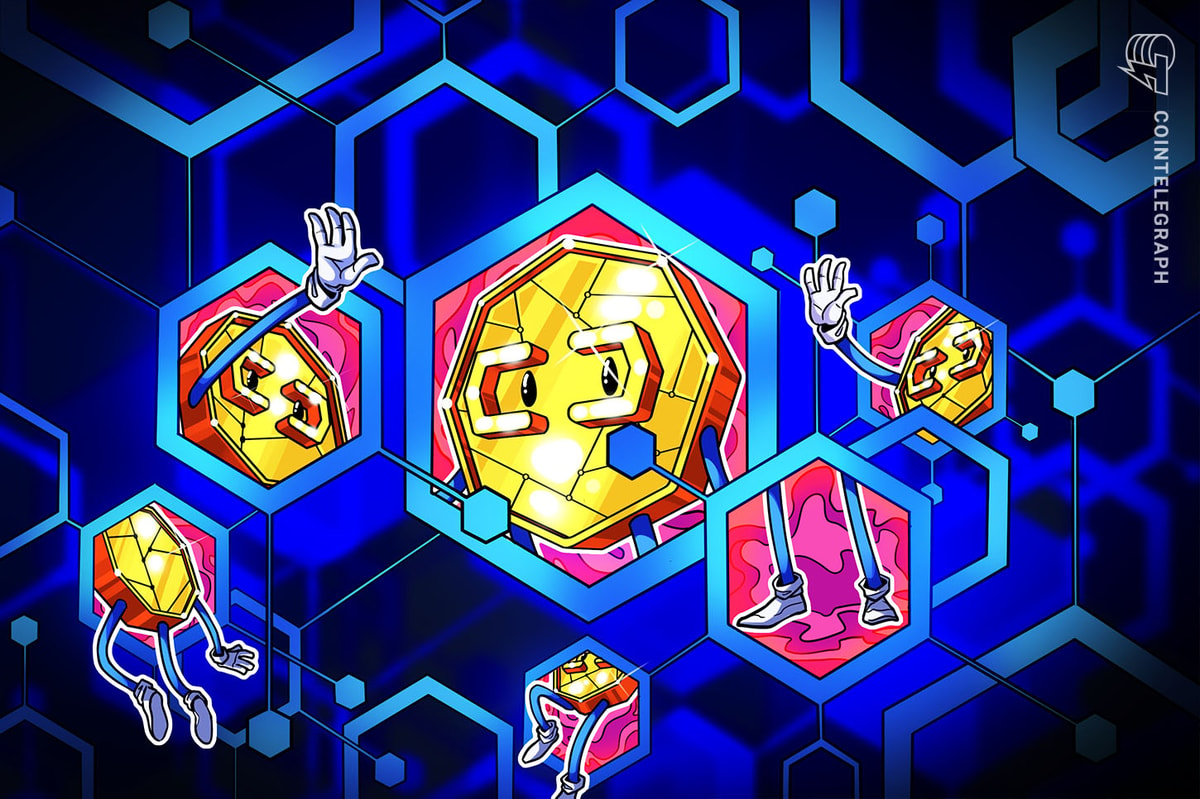Latvia central bank opens to fintech with ‘Innovation Hub’
3 min read

Fintech innovations and emerging technologies have swept the world, causing
“So when the official application goes in,” she said, “the license process will be focusing on the main ideas rather than the quality of the application. This new pre-licensing began last summer.”
“We want to see more innovation on the market. But we also want to see that the risks are managed in a proper way.”
Krasovska said that last year, the Innovation Hub had 72 consultations with around 40% of all participants from Latvia. She commented that the hub’s data reveals increased interest from companies in “crypto and electronic money institutions services.”
Adoption from the inside
Along with helping businesses thrive in the Latvian fintech landscape, Krasovska said that the Latvian central bank itself is adopting new technologies to streamline its processes from the inside.
This includes moving central bank data into the cloud and adopting AI technologies like OpenAI’s popular chatbot ChatGPT.
“We, as a central bank, will also start this year to integrate artificial intelligence and ChatGPT in our work. Not just not just trying to do some kind of studies as everyone is using it, but we’re starting to adapt it in terms of we have identified our needs.”
She said the central bank created an internal lab two years ago, which began experimenting with different kinds of technological solutions.
Related: European Banking Authority calls for early adoption of stablecoin standards
She highlighted ChatGPT feasibility studies the bank has conducted, which will help it summarize large quantities of documents, such as tax documents that she called “not structured information.”
Krasovska also said the bank employs AI to help with data direction projects and supervise code.
Synthetic data creation
When it comes to data, the fintech executive said the Bank of Latvia is spearheading a new project in relation to synthetic data.
She said that when newcomers or tech companies developing new solutions ask for a data set to train business models, it has nothing it can legally provide.
“This year and also next year, we will be working with the database ideas from which we can create this synthetic data that is like a synthetic lottery or something along those lines,” she said.
“Then companies can come and use these different types of data to understand how their tools work or don’t work before they scale the business and offer their solution to real customers.”
For example, businesses may need access to a large transaction database to understand how related monitoring tools work, “so what we’re doing right now is working on this integrated database,” she said.
Latvia and the current state of crypto
Over the summer, a report from the Latvian central bank said that local investments in crypto assets had declined by 50% over the past year.
“The number of the people purchasing crypto-assets as well as making payments with payment cards to invest in crypto-assets in Latvia declines.
This can be explained by global developments such as the negative sentiment of investors, detected cases of fraud and cases of… pic.twitter.com/uOIbJvIlsi
— Joshua Rosenberg (@_jrosenberg) August 4, 2023
The report was based on findings from payment card usage, revealing that 4% of the population bought crypto assets in February 2023, compared to 8% in the same month of 2022.
When asked about the sentiment toward cryptocurrencies in Latvia, Krasovska pointed to the crypto market conditions in combination with slumping market trends globally: “Globally, the financial markets are the way they are right now, and of course, this is [excluding] the crypto [market].”
Magazine: Crypto lawyer Irina Heaver on death threats, lawsuit predictions: Hall of Flame
Aside from the rocky conditions for the crypto community brought on by the lingering bear market, regulatory difficulties in major markets have caused investor sentiment to become less optimistic.
However, Krasovska pointed toward the European Union’s adoption and implementation of the Markets in Crypto-Assets (MiCA) legislation as something the central bank can lean on.
“With the adoption of MiCA, we can ensure very high standards for financial services.”
Collect this article as an NFT to preserve this moment in history and show your support for independent journalism in the crypto space.







